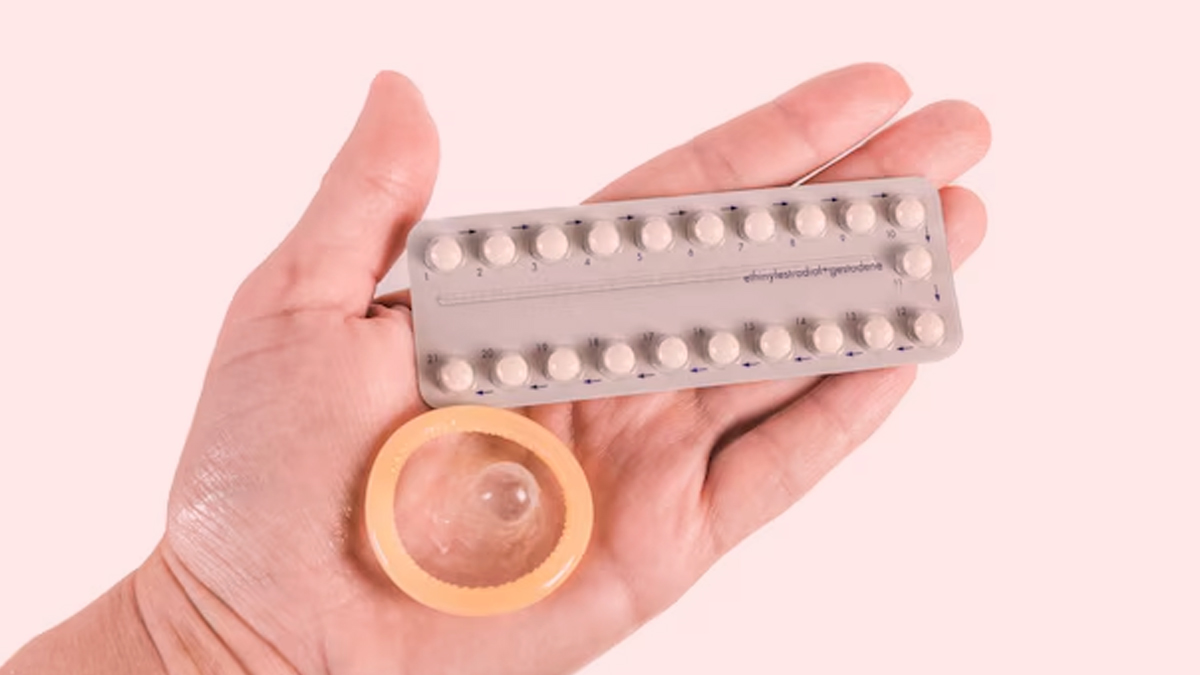
Contraception is a cornerstone of reproductive health, enabling individuals to make informed decisions about family planning and pregnancy prevention. Despite its widespread availability and the significant medical advancements in this field, numerous misconceptions about contraception persist. These myths often lead to misinformation, unwarranted fears, and decreased contraceptive use.
Table of Content:-
To distinguish fact from fiction, Dr Chetna Jain, Director of the Department of Obstetrics and Gynaecology at Cloudnine Group of Hospitals, Sector 14, Gurugram, addresses some of the most prevalent misconceptions surrounding birth control.
Myth 1: Contraceptives Cause Infertility
A pervasive myth suggests that using contraception, particularly hormonal birth control, can lead to infertility. Dr Jain clarifies that most contraceptive methods, including birth control pills, patches, and intrauterine devices (IUDs), do not impact long-term fertility. "Once an individual discontinues these methods, their fertility typically returns to normal," she explains. While it may take a few months for menstrual cycles to regularise, this delay is not indicative of permanent infertility. The exception lies in permanent contraception methods, such as tubal ligation or vasectomy, which are intended for those who do not wish to conceive in the future.
Myth 2: The Pill is the Only Reliable Contraceptive

Many believe that the birth control pill is the sole effective contraceptive option. However, a variety of methods are available, including IUDs, implants, contraceptive injections, patches, vaginal rings, and barrier methods like condoms and diaphragms. Dr Jain highlights that long-acting reversible contraceptives (LARCs), such as IUDs and implants, are among the most effective options, offering protection for several years with minimal user intervention. "Condoms, while slightly less effective in preventing pregnancy compared to hormonal methods, are the only contraceptives that also protect against sexually transmitted infections (STIs)," she adds.
Also read: Emergency Contraceptive Pill: All You Need To Know
Myth 3: Emergency Contraception Causes Abortion
Emergency contraception (EC), often referred to as the "morning-after pill," is surrounded by misinformation, including the belief that it induces abortion. Dr Jain clarifies that EC works primarily by delaying or preventing ovulation, ensuring that fertilisation does not occur. "It does not disrupt an existing pregnancy. If an individual is already pregnant, emergency contraception will neither be effective nor cause harm to the pregnancy," she asserts.

Myth 4: Natural Methods Are Just as Effective as Modern Contraceptives
Some individuals prefer natural family planning (NFP) methods, such as tracking ovulation or the withdrawal method. While these approaches can be effective with perfect use, they require a high level of consistency and accuracy. Dr Jain points out that modern contraceptives generally provide more reliable protection against unintended pregnancies. "For instance, the failure rate of the withdrawal method is approximately 22% with typical use, whereas hormonal contraceptives and IUDs have failure rates below 1% when used correctly," she notes.
Myth 5: Contraception is Only for Women
Another common misconception is that contraception is solely a woman's responsibility. While female contraceptive options are more varied, men also play a crucial role in preventing unplanned pregnancies. "Condoms and vasectomy are two primary methods available to men," says Dr Jain. She also mentions that ongoing research into male hormonal contraception may expand options in the future. "Shared responsibility in contraception use can lead to more effective and informed family planning," she emphasises.
Also read: How Do Contraceptive Pills Cause Breast Cancer?
Myth 6: Birth Control Pills Must Be Taken at the Exact Same Time Every Day
While consistency enhances effectiveness, combination birth control pills (containing both estrogen and progestin) do not require strict timing daily. "A variation of a few hours does not significantly reduce their effectiveness," Dr Jain explains. However, she cautions that progestin-only pills (mini-pills) must be taken at the same time each day to maintain optimal protection.

Myth 7: Contraceptives Are Unsafe and Cause Severe Health Issues
Concerns about safety often deter individuals from using contraception. Dr Jain acknowledges that while some methods, particularly hormonal contraceptives, may have side effects such as nausea, headaches, or changes in menstrual cycles, most are temporary and manageable. "Serious complications, like blood clots, are rare and typically occur in individuals with predisposing health conditions," she notes. Consulting a healthcare provider can help individuals choose the safest and most suitable method for their needs.
Conclusion
Misinformation about contraception can have significant consequences, leading to unintended pregnancies and reduced access to safe contraceptive methods. Dispelling these myths with accurate, science-based information is essential for empowering individuals to make informed choices about their reproductive health. Dr Jain advises, "If you have concerns about contraception, consulting a healthcare professional can help you find the best option tailored to your health and lifestyle."
Also watch this video
How we keep this article up to date:
We work with experts and keep a close eye on the latest in health and wellness. Whenever there is a new research or helpful information, we update our articles with accurate and useful advice.
Current Version